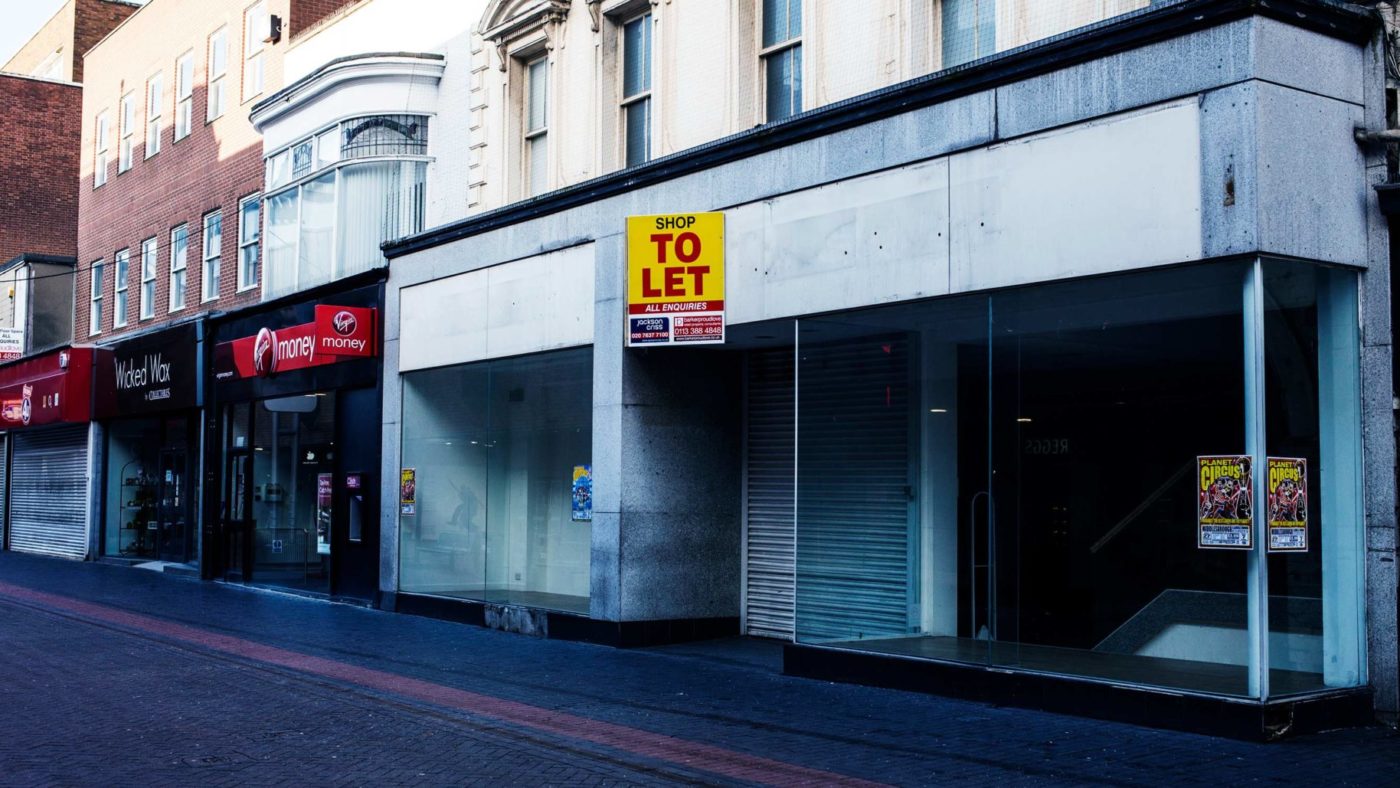Even before Covid-19 the Government’s agenda was unambiguously ambitious. Last December, brimming with optimism after securing his stonking 80-seat majority, Boris Johnson promised to get Brexit done, unite and ‘level up’ the country, and make 2020 a year of “prosperity and growth”. We can now add Whitehall reform, new public health infrastructure and a green new deal to the list.
2020’s blows have knocked even the cheeriest optimists – no doubt including our usually ebullient Prime Minister. The news that the UK is set to be the first country in the world to roll out a Covid vaccine has brought a glimmer of hope and put a slight spring in Boris’s step, but we nonetheless end the year a poorer, gloomier nation than anyone could have predicted.
Countless businesses are on the brink, the national debt is at a level not seen since Harold Macmillan was in Downing Street, and the public finances are in a state of disrepair. A year ago, rebalancing growth across the UK was a political imperative for the Conservative Party to repay the trust of former Labour voters. Now, it is even more so. It’s clear this crisis has exacerbated the divide between the nation’s poorest and wealthiest areas; the North is experiencing the worst unemployment levels for 25 years, with coastal towns like Blackpool and Middlesbrough among the hardest hit, according to The State Of The North Study published this week. As we emerge, it will be even more vital that we identify innovative solutions to deliver prosperity to those areas worst affected.
Successive governments have grappled with levelling up for decades and the inequities we see today are far more complex than simple narratives about a North-South divide or London versus the rest of the UK. The capital, for example, is not only home to the most prosperous but also to some of the nation’s most deprived areas.
However, it is true that the UK remains one of the most geographically unequal countries in the developed world. According to OECD figures, Britain is home to regions with the highest levels of disposable income, productivity, and lifespan in the world, but also to some of the worst performing areas in those categories. And it has been the North and Midlands that have faced some of the strictest and most prolonged restrictions over the course of this crisis.
Attempts to boost productivity and wage growth have, in large part, translated to ‘levelling-down’. Tax hikes, large transfer payments from one part of the country to the other, and big state infrastructure projects, have failed to boost productivity in any meaningful way. And it’s unlikely that the £4 billion levelling-up fund announced in the Spending Review will bring about the real change our country needs.
The Government has already sought to decentralise power from Whitehall by devolving some money and power to elected metro mayors, but the UK remains hyper-centralised; not only our most of our decision-making bodies based in London, so too are our most productive businesses, and the heart of the media, legal, and financial services industries. According to research by the IPPR, in the UK, 95p in every £1 paid in tax is taken by Whitehall, whereas in Germany the equivalent is only 69p.
There is a case to be made for decentralisation, encouraging competition between regions through, say, changes to the national living wage or the tax system. Planning reform and better local and regional transport infrastructure would go some way to boosting productivity.
But complex problems rarely have simple solutions, and there are no straightforward answers to rebalancing Britain’s economy. Sure, you can spend vast sums of money regenerating small areas, like the Liverpool docks, but we see so much of this in the South that it is unlikely to suddenly encourage the best and brightest to relocate to the former. So should we just sit back and take on the role of spectator?
Well, no. The Institute of Economic Affairs has this week launched the Richard Koch Breakthrough Prize, our annual essay competition with a cash prize of £50,000. In partnership with Bishop Auckland MP Dehenna Davison and thanks to our sponsor, entrepreneur and author Richard Koch, we’re on the hunt for pro-market, pro-enterprise ideas to supercharge growth in “left-behind” Britain.
The Prime Minister has so far built his strategy around infrastructure investment and government-funded job creation schemes. His new Green Industrial Revolution promises to create 250,000 jobs. But the plan relies on the false assumption that the state is best placed to pick winners and, when it comes to grand infrastructure projects, the Government’s track record leaves much to be desired. Those policymakers who continue to believe we can simply invest our way out of this problem are likely to be sorely disappointed.
If rolled out efficiently, the vaccines could spark our economic recovery, at the heart of which will be the ‘levelling up’ agenda. To get there we are going to need innovative ideas that challenge the status quo. If you’ve got one, we want to hear it.
Click here to subscribe to our daily briefing – the best pieces from CapX and across the web.
CapX depends on the generosity of its readers. If you value what we do, please consider making a donation.


